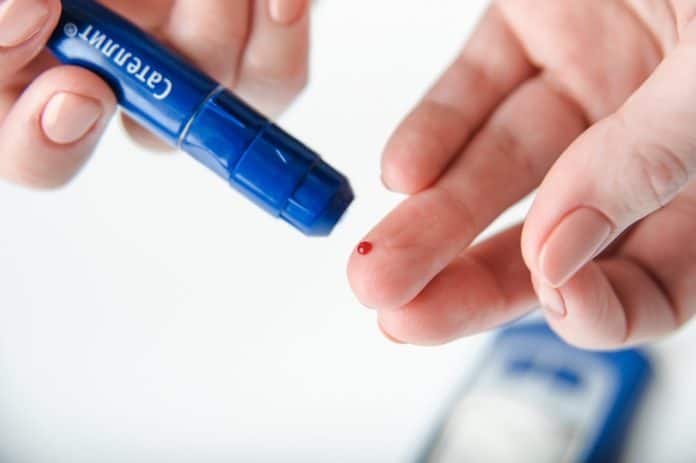Last Updated on November 11, 2022 by The Health Master
Why Diabetes is a silent killer ?
India has the dubious distinction of being ‘the diabetes capital of the world‘ according to the World Health Organisation’s (WHO) data on the prevalence of diabetes across the globe.
With an estimated 74 million diabetics by the end of 2020, the country is already leading this global pandemic! Within the country, Kerala leads the diabetes race with a prevalence rate of 20 percent, which is more than double the national average (8 percent).
So what exactly is causing the diabetes pandemic? Type- 2 diabetes occurs due to poor lifestyle choices and elevated blood glucose levels over a long period can cause serious complications.
“We all know that reduced intake of carbohydrates and sugar, along with exercise, improves blood glucose levels. However, on talking to more patients, we began to understand that their major concerns were ‘what exactly is the reduced intake of carbohydrates and sugar?’ and ‘what are the exercises?’.
While the consumption of carbohydrates does play a significant role in aggravating diabetes, completely avoiding it is not the solution.
“Carbohydrate-rich foods such as rice, wheat, and bread are a necessity for our body as a primary source of energy—especially the brain,” says Rajiv Ambat, chief health officer, Nuvovivo, Kochi. As a rule of thumb, a diabetic should consume 200g of carbs daily.
This could be lesser in cases of chronic diabetes, adds Rajiv. “However, there is a common misconception that diabetes can be controlled by simply increasing the intake of proteins and reducing the consumption of carbs.
Diabetes is a silent killer. If left uncontrolled, it can impact various organs. “Nephropathy (kidney), neuropathy (nerves and feet), and retinopathy (eyes) are a few examples,” he says.
For more articles on health and fitness, click here
Before increasing protein intake, it is suggested to check the creatinine levels in the blood and get the opinion of a medical practitioner — especially if the person has been diabetic for a while, he says.
“High serum creatinine levels or high urine albumin could be indicative of an impaired kidney function, and in such cases, increased protein intake is not advisable,” adds Rajiv. Exercising improves insulin sensitivity.
The body becomes more receptive and sensitive to insulin hormone, thereby better managing the glucose released by carbohydrates.
“We always suggest a combination of cardiovascular exercises such as running, cycling, swimming, and resistance training as it improves the metabolic parameters. However, one should take cognizance of the physical conditions before starting any exercise,” says Rajiv.
In a nutshell, diabetes can be managed with lifestyle corrections.
Eat smart
1. Carbohydrate intake occurs primarily from cereals, pulses,, and sweets.
2. Sweets are very high in the glycemic index — they are converted to glucose immediately in the blood — and it is best to steer clear.
3. Include more pulses in the diet. The protein content in the pulses will reduce the glycemic load of the food, thereby limiting the sudden release of glucose from the carbohydrates.
4. Including more fiber and other lean protein sources such as chicken and fish in the diet will limit the sudden discharge of glucose into the blood.








